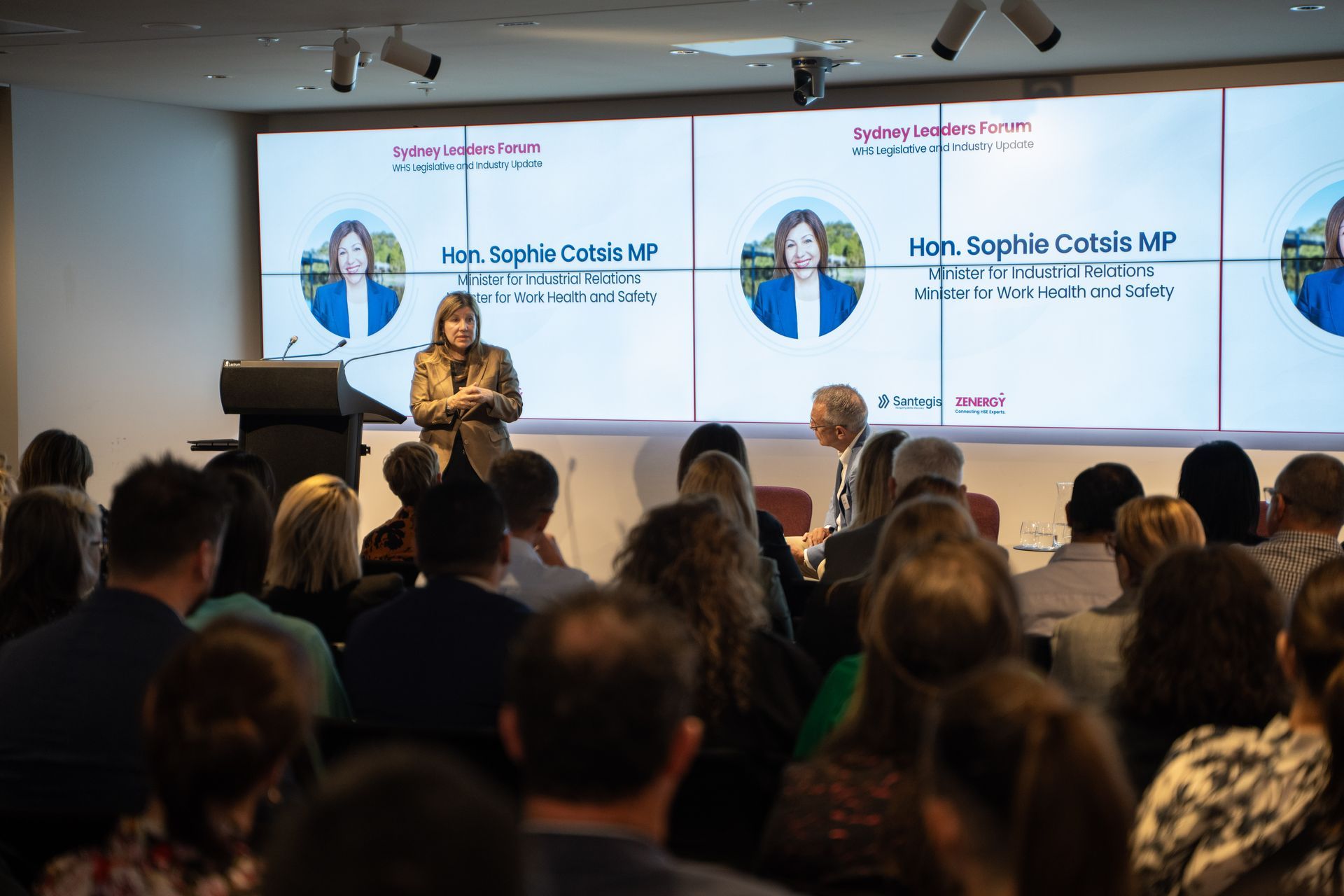Australia's highest WHS fine, for manslaughter, becomes law

NSW's industrial manslaughter laws
NSW's industrial manslaughter laws have passed both houses of Parliament, but State Work Health and Safety Minister Sophie Cotsis stressed that "these are not laws we ever want to use".
"We want them to act as a deterrent and a reminder that this Government takes worker safety seriously," she said.
"We want those responsible for workplace safety – who are responsible for the lives of their workers – to take that role with utmost seriousness."
Cotsis noted the offence, which will commence on a day to be appointed by proclamation, carries maximum penalties of 25 years' jail for individuals such as officers, and what will be highest fine for a workplace health and safety breach in Australia – $20 million for bodies corporate.
Currently, Australia's highest maximum safety fine is 100,000 penalty units, equating to just over $19.2 million for 2023-24, for workplace manslaughter in Victoria.
Unlike other offences under the NSW Work Health and Safety Act 2011, the maximum fine for NSW's industrial manslaughter offence will not be tied to a penalty unit number, meaning it will not increase with the consumer price index.
The offence was created by the Work Health and Safety Amendment (Industrial Manslaughter) Bill 2024, which was amended in the Legislative Assembly earlier this week to clarify that an officer of a PCBU commits industrial manslaughter if he or she engages in grossly negligent conduct that causes the death of an individual to whom the PCBU owed a health and safety duty (see related article).
After the Bill passed Parliament yesterday afternoon, Cotsis reiterated that the new offence will be supported by a newly established dedicated unit within the State Office of the Director of Public Prosecutions, and the Bill's provisions will be reviewed 18 months after they take effect.
Safety advocate Patrizia Cassaniti, who is also a member of SafeWork NSW's Family and Injured Workers Support and Advisory Group, dedicated the passage of the Bill to her son Christopher "and every other worker who went to work and never came home".
Christopher Cassaniti was 18 when he was killed in a major scaffolding collapse at a Macquarie Park workplace in April 2019.
The incident prompted a series of legislative and regulatory developments, including the prosecution of a PCBU that was handed a then record $2 million recklessness fine in November 2022 (see related article).
"I would like to thank and congratulate Minister Sophie Cotsis and her team for all the hard work and the Minns [Labor] Government for making this Bill a priority and a long overdue reality," Patrizia Cassaniti said yesterday.
NSW was the last mainland jurisdiction to make industrial manslaughter an offence, with the previous State Coalition Government opting against the move.
"This is an historic moment for worker safety in NSW," Cotsis said yesterday.
"The message sent today is clear – unsafe practices will not be tolerated," she said.
“This article has been reproduced with permission from OHS Alert, and the original version appears at
www.ohsalert.com.au”






